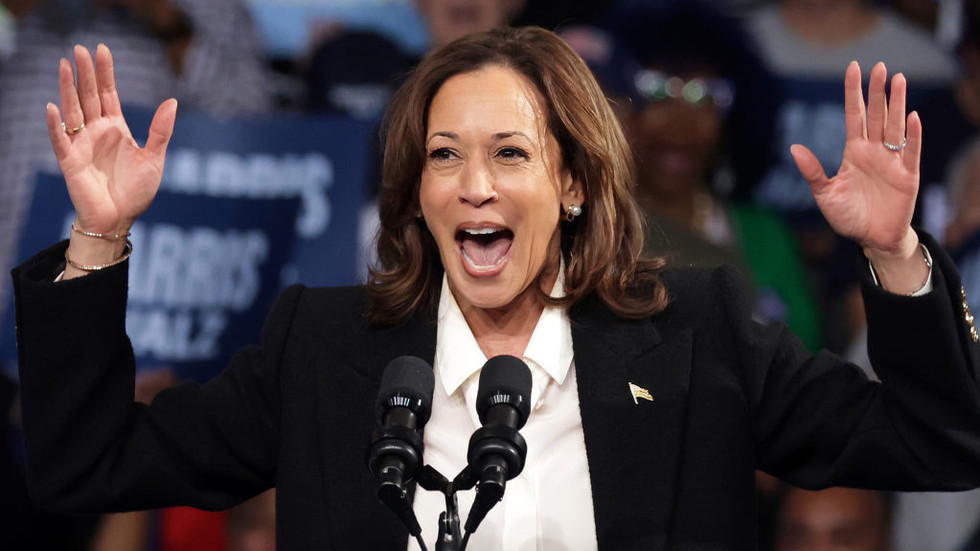In recent political discourse, Vice President Kamala Harris has faced significant scrutiny from former President Donald Trump, particularly regarding her cognitive abilities. Trump has openly challenged Harris to undergo a cognitive test, labeling her as “slow and lethargic” in her responses to questions. This attack comes in the wake of an edited interview aired by CBS News, where Harris’s original, longer answers were replaced with different responses, further fueling Trump’s narrative that she is unfit for her role. By asserting that her actions have raised doubts about her mental faculties, Trump is positioning this as a critical issue leading into potential future electoral contests.
The debate over cognitive fitness took a dramatic turn when Harris publicly urged Trump to release his medical records as a counter to his claims about her capabilities. In doing so, she questioned Trump’s own health and fitness for office, especially given his advanced age of 78, which makes him 19 years her senior. Harris referenced a recent doctor’s statement affirming her “excellent” health, effectively flipping the narrative back to Trump. Her insistence on transparency raises the stakes in this ongoing feud, suggesting that both candidates’ health could become central talking points as the political landscape evolves.
At the core of Trump’s arguments lies a disdain for media narratives that he perceives as overly protective of Harris. He accused CBS of “illegally and unscrupulously” altering her interview responses to obscure her perceived fumbling over questions. Such claims reflect a larger ongoing battle he has with mainstream media outlets, which he believes are biased against him and his allies. Trump’s demand to shut down CBS highlights his confrontational approach to media criticism, while simultaneously positioning himself as a challenger of “fake news” narratives, a theme he has cultivated throughout his political career.
The issue of cognitive health is not new in American politics. Trump has a history of questioning the mental capacities of his opponents, notably former President Joe Biden. This tactic had previously served him well, allowing him to frame Biden’s shortcomings in a way that appealed to voter concerns about leadership competence. Now, with Biden potentially stepping aside for Harris in the next election, Trump has repurposed his critiques, stating that Harris was “born” mentally impaired, thus validating and amplifying his previous attacks against Biden. This shift in focus signifies a strategic evolution in Trump’s campaign narrative, as he seeks to identify vulnerabilities in a potentially renewed Democratic ticket.
Health and fitness for office are undeniably critical issues for voters, particularly given the aging population of political leaders in the U.S. Trump’s own medical evaluations reaffirming his “exceptional” cognitive tests present a stark contrast to the assertions he makes about Harris. Nevertheless, Trump’s physician, Dr. Bruce Aronwald, has released various health reports detailing the former president’s condition, such as negative cancer screenings and normal cardiovascular tests, all of which aim to assure the public regarding Trump’s capability to fulfill presidential duties. By highlighting these assessments, Trump aims to bolster his own image while questioning the credibility of Harris’s health claims.
In this polarizing political climate, such debates over cognitive fitness can influence public perception and voter behavior significantly. As campaign rhetoric ramps up, both Harris and Trump are likely to continue leveraging health and cognitive evaluation assertions to sway public opinion. Harris’s response to Trump’s attacks thus may set the stage for a compelling chapter in the 2024 election. The ongoing back-and-forth not only encapsulates the current political divisiveness but also raises pivotal questions about the qualifications necessary to lead the nation, challenging both candidates to show their readiness to take on the immense responsibilities of the presidency.

